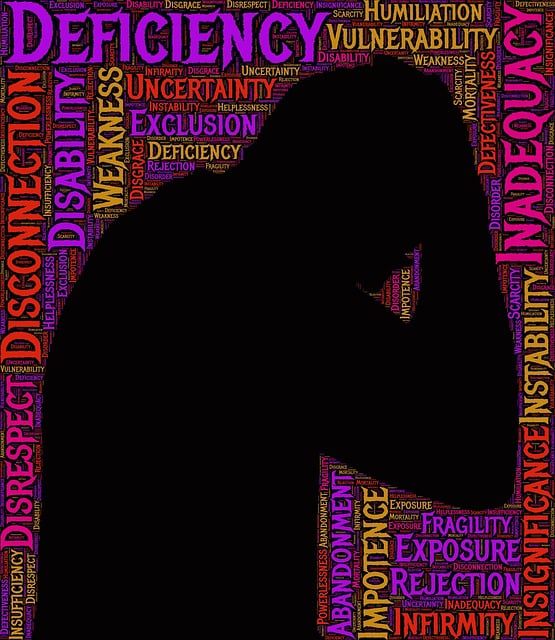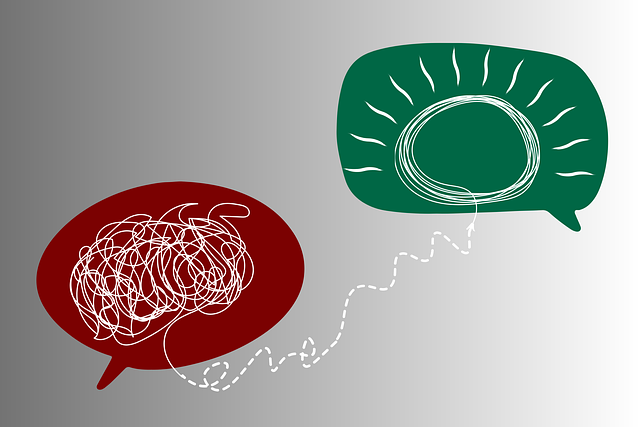Trauma can significantly impact young German-speaking children's emotional and cognitive development, stemming from experiences like neglect or domestic violence. Accessing culturally sensitive therapy is crucial to address these issues early, as it helps create safe spaces, validate their feelings, and foster healing through play-based methods and age-appropriate techniques. Comprehensive risk assessments and skilled professionals in both the child's native language and cultural context are essential for effective trauma support services tailored to these communities.
Trauma support services are vital for young children, especially those from German-speaking backgrounds, who have experienced adverse events. This article explores the profound impact of trauma on early development and highlights the significance of specialized therapy in healing and recovery. We delve into the unique challenges faced by German-speaking children and the importance of accessible, culturally sensitive support services. By understanding trauma’s effects, we can navigate the path to providing effective care, ensuring these young individuals thrive.
- Understanding Trauma and Its Impact on Young Children
- The Role of Therapy in Supporting German-Speaking Children
- Accessing and Providing Effective Trauma Support Services
Understanding Trauma and Its Impact on Young Children

Trauma can significantly impact young children, affecting their emotional and cognitive development. It’s crucial to understand that trauma doesn’t necessarily stem from life-threatening events; even experiences like neglect or domestic violence can leave deep scars. These early adversities can disrupt a child’s sense of safety, trust, and self-worth, potentially leading to long-term mental health issues if left unaddressed.
Accessing therapy for young children, especially those from German-speaking backgrounds, is essential in trauma support services. Mental wellness professionals must employ culturally sensitive approaches, considering the unique experiences and challenges faced by these children and their families. A comprehensive risk assessment for mental health professionals is vital to ensure a safe and effective therapeutic environment. This includes understanding cultural nuances, incorporating familial dynamics into therapy, and providing a nurturing space where young clients feel heard, validated, and empowered on their journey towards healing.
The Role of Therapy in Supporting German-Speaking Children

For German-speaking children who have experienced trauma, access to specialized therapy services is invaluable. These services play a pivotal role in fostering mental wellness and facilitating emotional healing processes among this demographic group. Many children from German-speaking backgrounds may face challenges in expressing their emotions or understanding complex feelings due to cultural nuances and language barriers. Therefore, therapists who are proficient in both the child’s native language and cultural context can create a safe and supportive environment for them to process their trauma.
Therapy offers a unique space for young children to engage in compassion cultivation practices tailored to their needs. Through play therapy or other age-appropriate methods, they can learn coping strategies, develop emotional intelligence, and build resilience. This approach not only addresses the immediate impacts of trauma but also equips them with lifelong skills to navigate future challenges. By addressing these issues early on, therapists contribute significantly to the overall mental wellness of German-speaking children affected by traumatic events.
Accessing and Providing Effective Trauma Support Services

Accessing effective trauma support services is a critical step in ensuring healing and recovery for individuals, especially young children who have experienced traumatic events. For families speaking German, locating specialized therapy options tailored to their cultural needs becomes an essential aspect of the healing process. Many communities now recognize the importance of providing trauma-informed care, offering various services such as individual therapy, group support sessions, and specialized programs designed for young minds. These initiatives aim to foster a safe and supportive environment, enabling children to process their experiences and develop healthy coping mechanisms.
When seeking therapy for young children in a German-speaking context, it is beneficial to explore options that combine cultural sensitivity with evidence-based practices. Mental wellness professionals should be well-versed in emotional healing processes specific to childhood trauma and capable of delivering services that respect cultural boundaries. Additionally, risk management planning for mental health professionals is crucial to ensuring the safety and effectiveness of these support systems. This includes proper training, supervision, and adherence to ethical guidelines when working with vulnerable populations.
Trauma support services for young children, especially those from German-speaking backgrounds, require accessible and culturally sensitive approaches. By understanding trauma’s profound impact on development, we can enhance existing therapy methods tailored to these communities. Effective provision involves improving access to specialized services, ensuring cultural competency among practitioners, and promoting awareness of available resources. Through these efforts, we can create a supportive environment that nurtures healing and resilience in German-speaking children who have experienced trauma.














